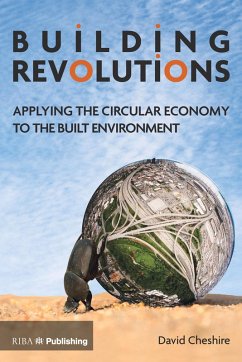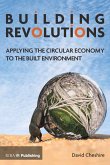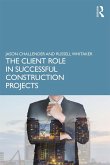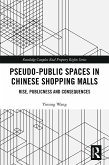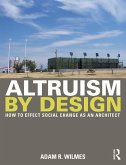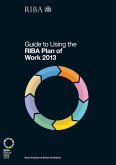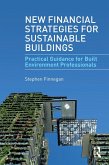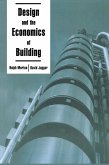The construction industry operates within a linear economy of make, use, dispose. Buildings are stripped out and torn down with astonishing regularity while new buildings are constructed from hard-won virgin materials. But raw materials are becoming scarce, and the demands for them are exploiting fragile ecosystems, even as the global demand for resources continues to rise.
Policy makers and organisations are beginning to look for a more regenerative, circular economy model. The construction industry demands over half the world's extracted materials and generates around a third of the total waste generated in the EU, making it a prime candidate for applying the circular economy. Yet there has been little focus on how construction industry professionals and their clients can contribute towards the movement.
Drawing on illustrative methods and examples, Building Revolutions explains how the principles of a circular economy can be applied to the built environment where resources are kept in use and their value retained.
Policy makers and organisations are beginning to look for a more regenerative, circular economy model. The construction industry demands over half the world's extracted materials and generates around a third of the total waste generated in the EU, making it a prime candidate for applying the circular economy. Yet there has been little focus on how construction industry professionals and their clients can contribute towards the movement.
Drawing on illustrative methods and examples, Building Revolutions explains how the principles of a circular economy can be applied to the built environment where resources are kept in use and their value retained.
Dieser Download kann aus rechtlichen Gründen nur mit Rechnungsadresse in A, B, BG, CY, CZ, D, DK, EW, E, FIN, F, GR, HR, H, IRL, I, LT, L, LR, M, NL, PL, P, R, S, SLO, SK ausgeliefert werden.

